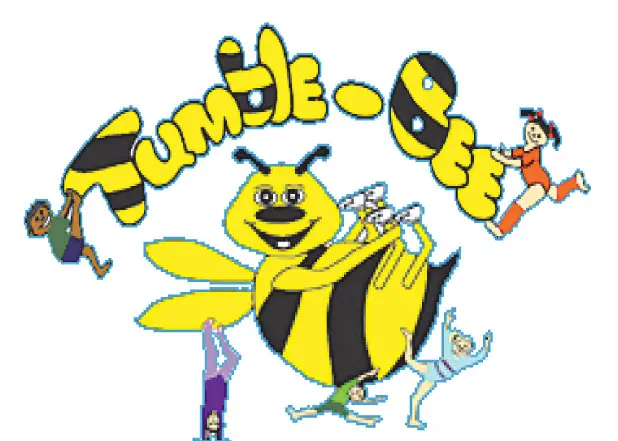Get the Best Winter Activities
Children with strong Organizational Intelligence, on the other hand, do well in a structured environment. They see everything as "part of something" and try to put things in their place. Organizational Intelligence is foremost in children who are always asking "Why?" Sometimes they don't achieve academically because the lessons are too shallow for them to get the whole picture correctly and it may take them longer to understand things. They also sometimes have problems socially because they like to "run" things - be the boss and tell others what to do. But they are very adaptable.
Functional Intelligence includes the IQ and EI people...the "smart" kids. They get good marks in school and know a lot. Their problem is they have a tendency not to "understand." Mensa members often fall into this category. When was the last time you met a rich Mensa scholar? The significant thing about having strong Functional Intelligences is that people who do attempt to take action.
In summary, the Creatives say, "Here's the plan," while Organizationals say, "...And here is how we will do it." Functionals then say, "Give it all to me and I will go do it."
All 13 Intelligences contribute to a successful, balanced individual. And all 13 Intelligences contain untapped potential that can be identified and developed. I have worked with many people to develop all 13 Natural Intelligences and help them reach their full potential. It often takes tremendous strength for parents to keep their focus on the broader definition of success for their children - and not fall into the IQ trap.
Dr. Robert Flower is the founder of the Gilchrist Institute for the Achievement Sciences.


.jpg)


